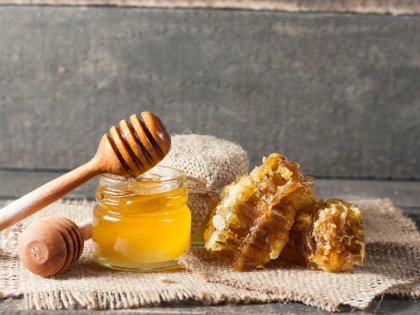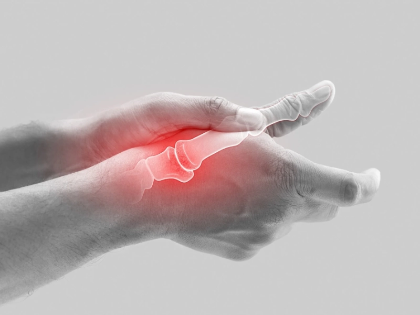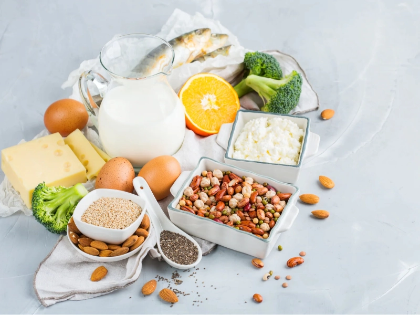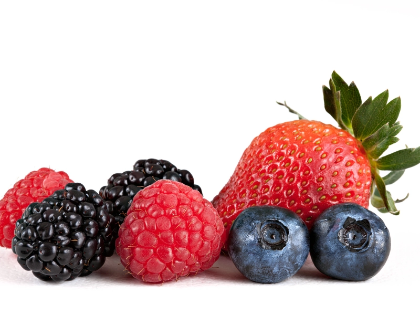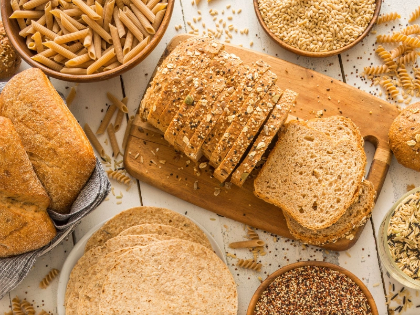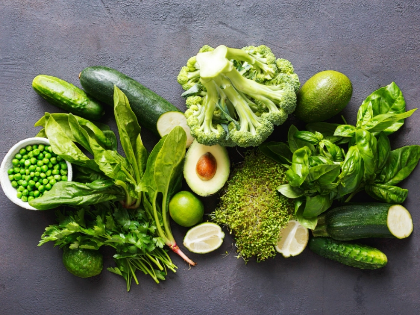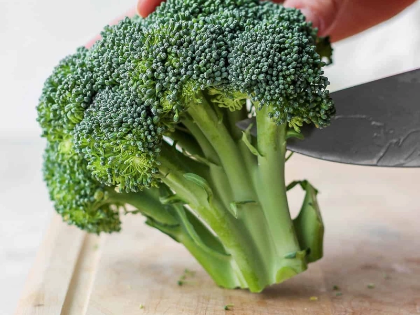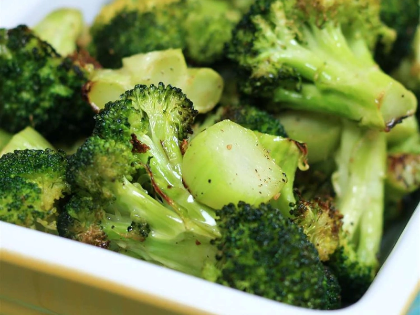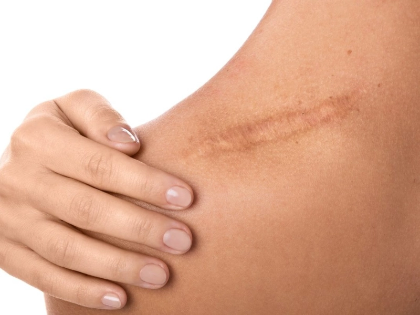Beef and Zinc: Essential Mineral for Immune Function and Wound Healing
A basic mineral, zinc is essential for several body processes including immune response and wound healing. Of the several foods high in zinc, beef is among the most plentiful. The link between beef and zinc is investigated in this paper, stressing their relevance for preserving a strong immune system and accelerating good wound healing. Knowing how these elements interact will enable you to choose foods carefully to promote your general wellbeing.
Zinc's Significance in the Body
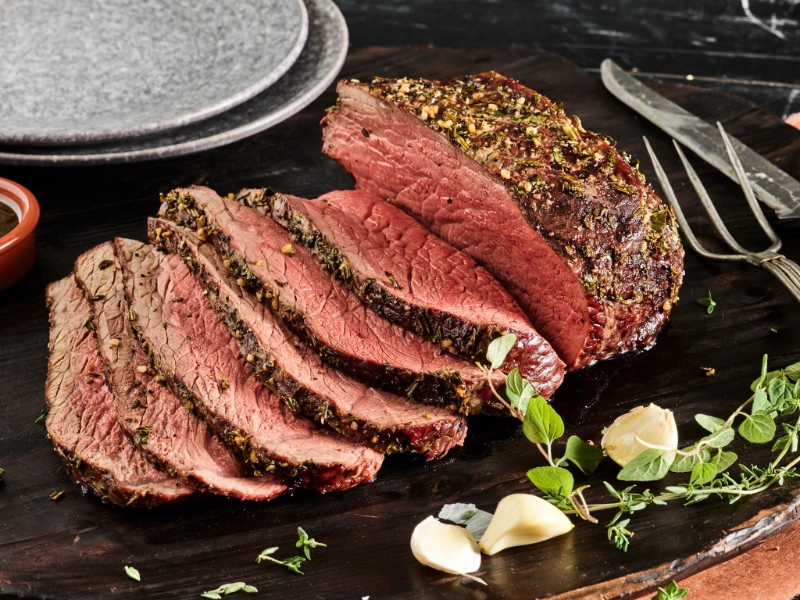
Involved in around three hundred enzymatic activities in the body, zinc is a vital trace mineral. Immunological function depends on it since it helps T-cells—which are essential for the immunological response—to be triggered. Zinc deficiency can reduce immunity, thereby increasing the body's vulnerability to diseases and infections. Moreover, all of which are vital for development and growth, zinc is crucial in protein synthesis, DNA synthesis, and cell division. Apart from its immunological enhancing qualities, zinc is also essential for wound healing and skin condition. It facilitates the synthesis of collagen, a protein that supports integrity and structure of skin. Zinc lowers inflammation and stimulates cell regeneration, therefore hastening the healing process when wounds develop. Thus, good immune system function and efficient healing of wounds depend on enough zinc intake.
Beef: a Rich Zinc Source

Among the most concentrated sources of zinc available in the diet is beef. For individuals, one serving of beef can supply more than half of their daily advised zinc consumption. For those trying to raise their zinc levels, this makes it a great alternative. Additionally high in bioavailability is zinc present in beef, which the body may readily absorb and use. Various cuts of beef have different levels of zinc; lean cuts usually have more zinc per serving. For this vital mineral, for instance, beef chuck and sirloin are very plentiful. Including beef in your diet can help you to efficiently boost your zinc consumption and create a great and fulfilling dinner.
Zinc's Part in Immune System
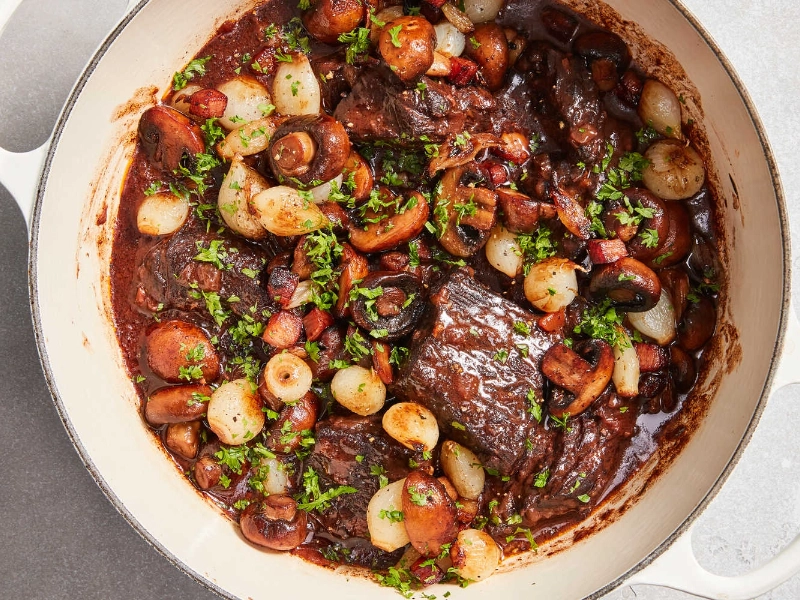
Maintaining a working immune system depends on zinc. Especially T-cells and B-cells, it is essential for immune cells to grow and activate. These cells hunt and target viruses and bacteria among other pathogens. Inadequate zinc can weaken the immune response, hence increasing vulnerability to infections. Zinc also has antioxidant qualities that guard against oxidative stress on cells. This stress can compromise immune cells' capacity to operate as they should. Especially during cold and flu season or times of more stress, you may assist maintain your immune system by guaranteeing enough zinc consumption from foods like beef.
Wound Healing and zinc
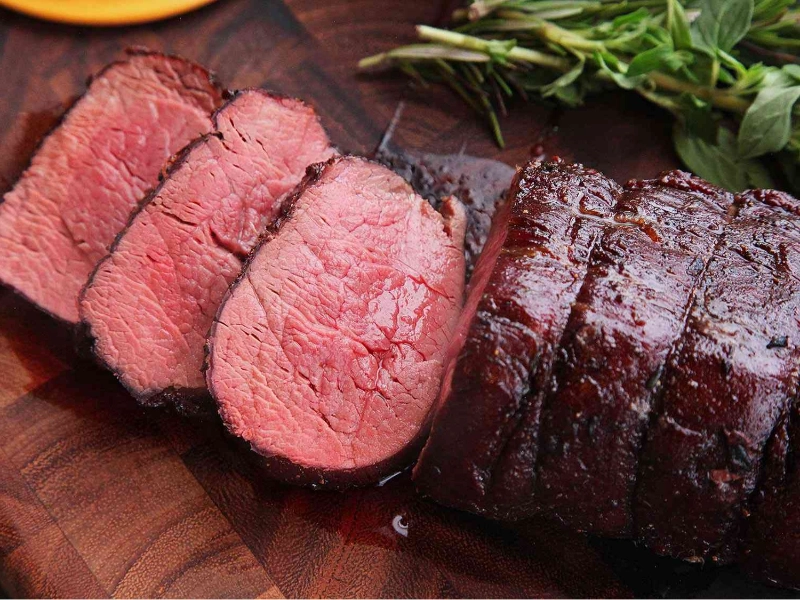
A complicated process, wound healing consists in various stages: inflammation, tissue generation, and remodelling. Every one of these phases depends on zinc in great part. It stimulates the creation of collagen, helps control inflammatory reactions, and encourages the multiplication of skin cells required for healing of wounds. Studies have revealed that especially in those with zinc deficits, zinc supplements can greatly improve wound healing. Including foods high in zinc, such as beef, can help those suffering from surgery or accidents heal faster and help them Giving zinc top priority helps you to make sure your body gets the tools it needs to mend properly.
Including beef in your diet:
Including beef into your diet is simple and may be accomplished in many mouthwatering ways. For a balanced dinner, think about grilling or roasting lean beef cuts like sirloin or tenderloin alongside veggies. For a tasty and nutrient-dense addition, beef can also be included to tacos, salads, or stir-fries. Other foods high in zinc can help folks who do not eat beef often balance their diet. Excellent substitutes helping to meet your zinc requirements are shellfish, legumes, seeds, and nuts. If you prefer beef, though, it can be a filling approach to increase your zinc consumption and supply B vitamins, iron, and protein.
Managing Zinc Consumption for Best Health
Although zinc is vital for life, one must strike a balance in consumption of it. Too much zinc can be harmful and cause problems like headaches, nausea, and compromised immune system. Age and gender affect the recommended dietary allowance (RDA) for zinc, hence it's important to be aware of your consumption. A diversified diet with foods high in zinc, such as beef, together with fruits, vegetables, and whole grains will help you to reach ideal condition. This all-around approach not only boosts immune system performance and wound healing but also general wellness. Frequent visits to a healthcare provider and advice from them can help to guarantee that your food choices complement your health objectives.

